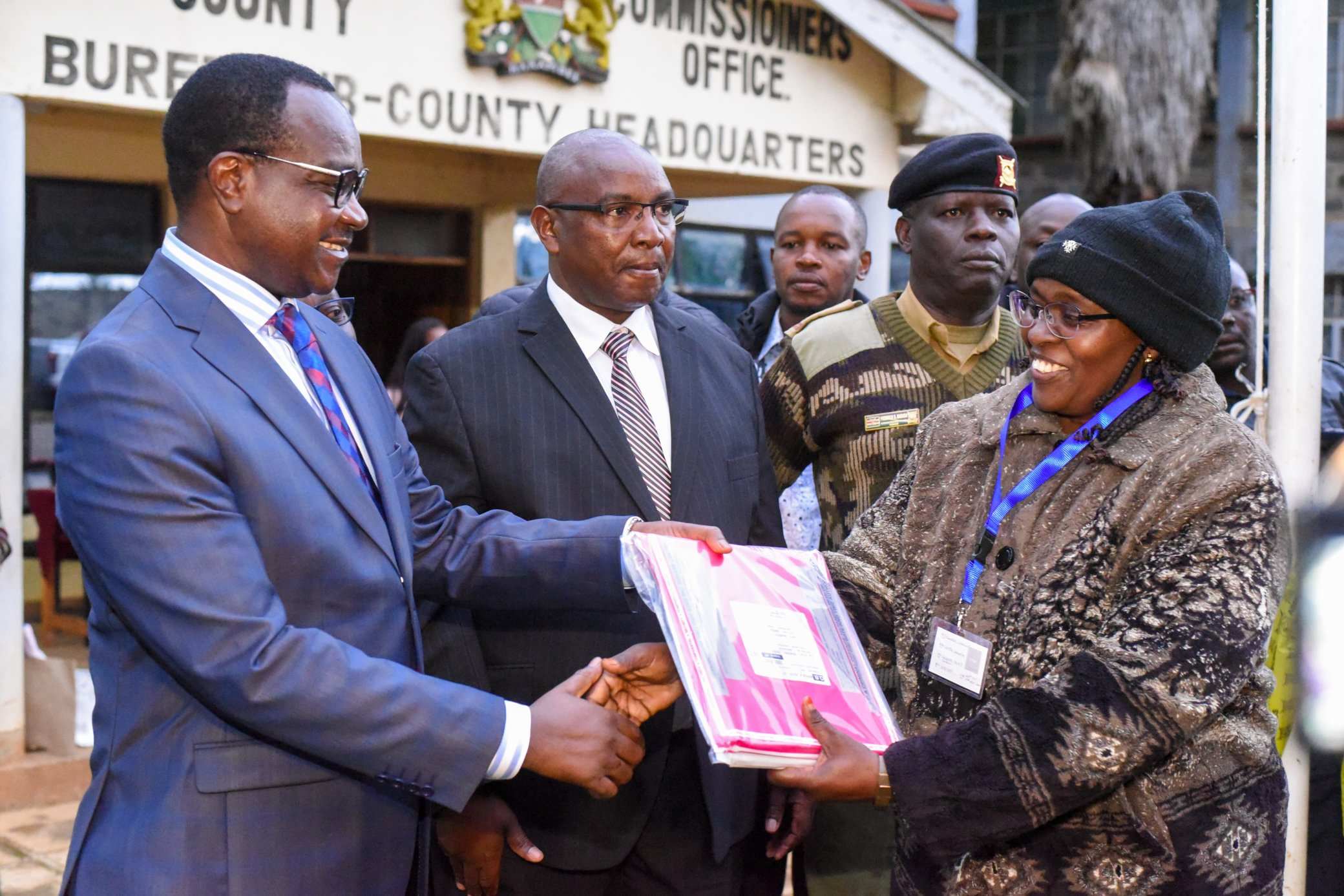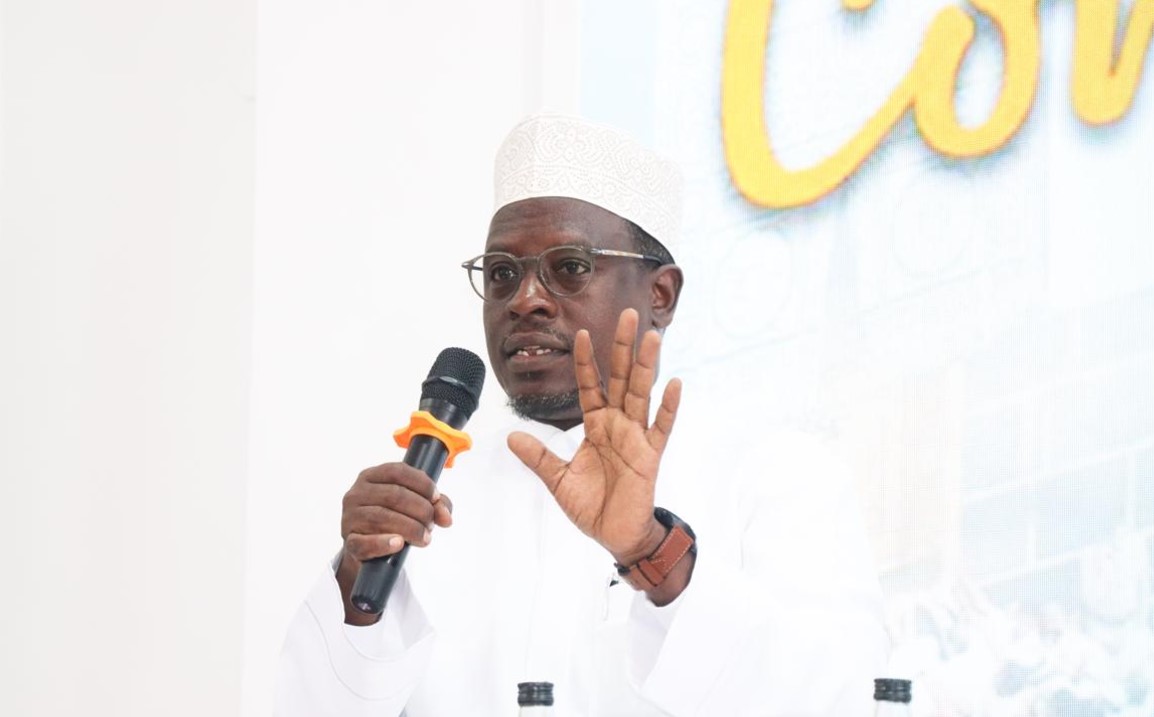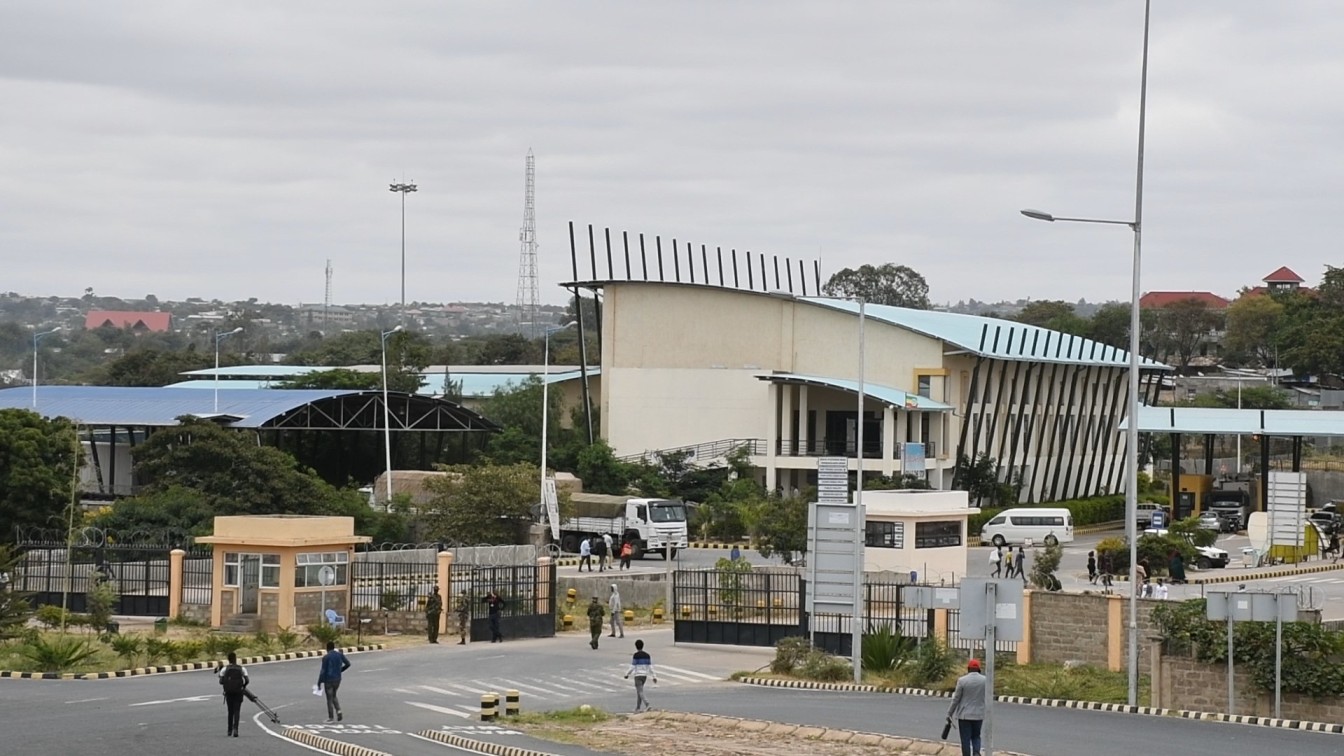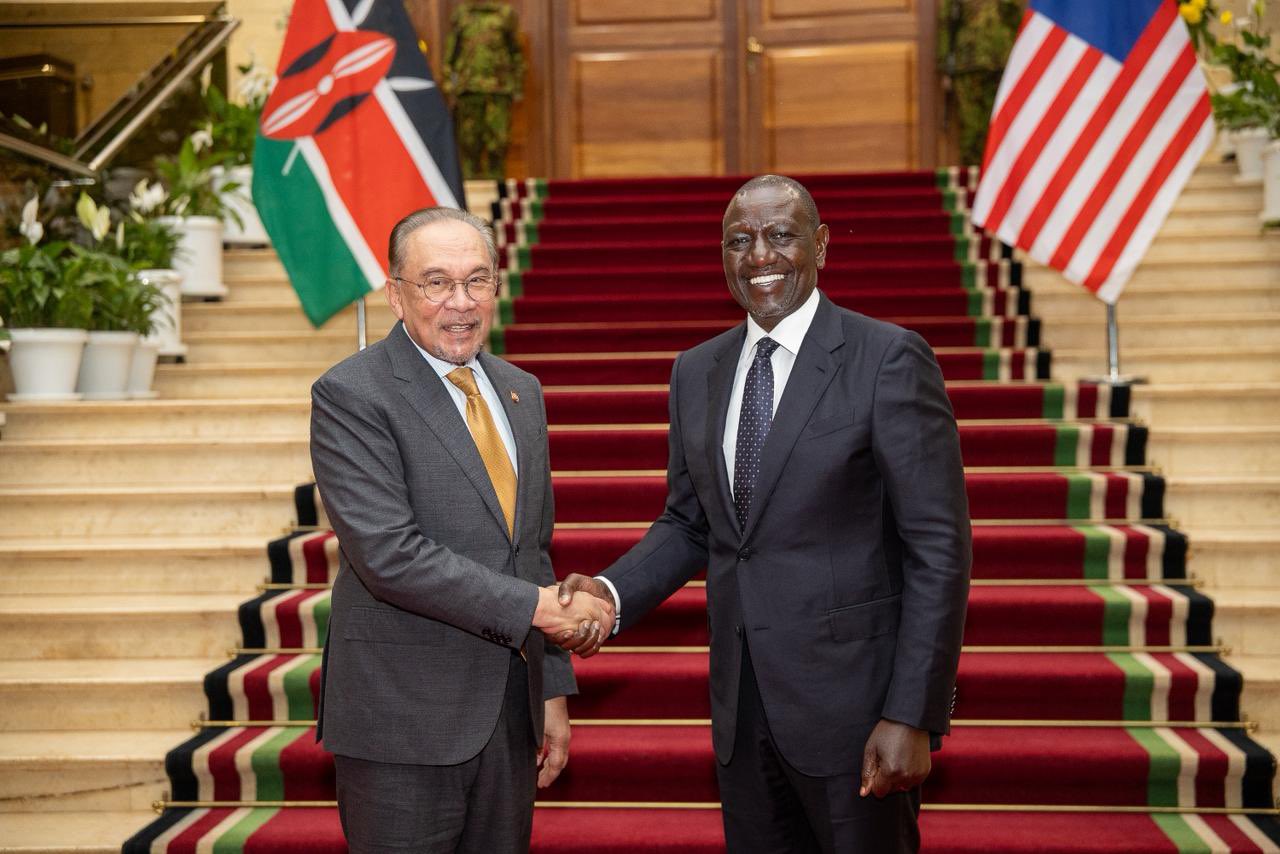Djibouti to deploy more troops to Somalia to counter Al-Shabaab threat
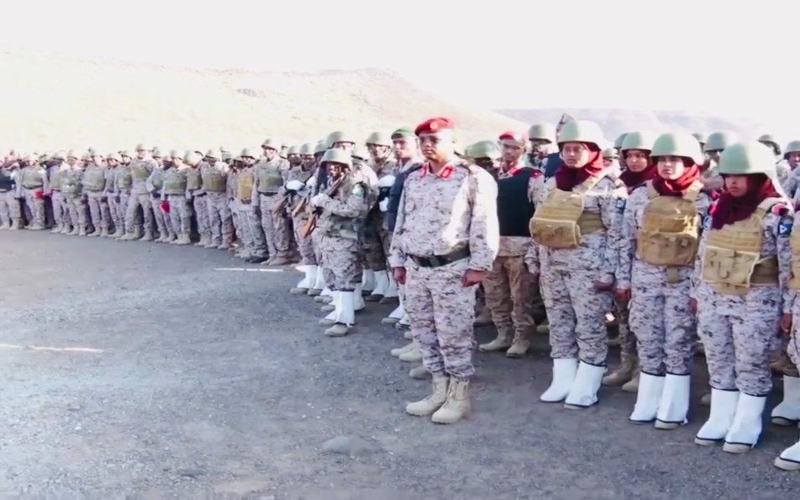
With the signing of the new agreement and the promise of additional deployments, Djibouti has underlined its continued involvement in Somalia’s security at a critical time for both countries and for the Horn of Africa as a whole.
Djibouti has announced that it will send additional troops to Somalia as part of a new agreement aimed at countering Al-Shabaab and supporting stability in the Horn of Africa.
The announcement was made by Djibouti’s Permanent Representative to the United Nations (UN), Mohamed Siad Doualeh, during his address to the UN General Assembly (UNGA). Mohamed said that while Somalia has made progress in state-building and security, challenges continue to threaten the country’s future.
More To Read
- South Sudan and Somalia eye group stage in FIFA Arab Cup 2025 qualifiers
- Somalia faces worsening hunger with millions needing assistance
- East African Court postpones swearing-in of nine Somali legislators to EALA
- Somali referee Omar Abdulkadir Artan crowned CAF Best Male Referee 2025
- EU plans increased funding to support Somalia’s security transition
- Somali Electoral Commission to begin voter card distribution in Banadir ahead of elections
“Somalia has shown determination in rebuilding its institutions and reclaiming territory from terrorist groups, but the situation on the ground requires sustained support,” he told the assembly. “Djibouti stands ready to play its part in ensuring that gains are not reversed.”
The new troop commitment follows the signing of a bilateral agreement between Somalia and Djibouti in August. The accord allows for the deployment of additional Djiboutian forces to operate in coordination with Somali security institutions. According to the joint communiqué, the agreement establishes the framework for intervention, coordination, and reciprocal responsibilities.
The troops will serve under the African Union Support and Stabilisation Mission in Somalia (AUSSOM), which replaced the African Union Transition Mission in Somalia (ATMIS) earlier this year.
The mission’s mandate focuses on supporting Somali-led security operations, strengthening local governance, and assisting stabilisation efforts in areas recovered from Al-Shabaab.
Military sources report that the deployment is expected to target central and southern regions of Somalia, including Hirshabelle, where Al-Shabaab has increased attacks in recent months. In the past five months, the number of assaults on Somali National Army (SNA) units and allied community forces has doubled, according to regional monitors.
Somalia and the African Union (AU) have requested further international assistance to reinforce operations against the armed group. During a recent meeting of AU member states, officials called for an additional 8,000 troops to be deployed under AUSSOM to prevent Al-Shabaab from regaining ground, particularly in Middle and Lower Shabelle.
Djibouti has been a troop-contributing country since the first deployment of AU peacekeepers to Somalia in 2011. Its forces currently operate in the Hiraan region, including Beledweyne, Buula-burte and Jalalaqsi, where they support SNA units. The new agreement is expected to expand this presence.
Somali officials have welcomed Djibouti’s decision. Government representatives have said that the partnership strengthens their efforts to secure recently recovered areas and maintain pressure on al-Shabaab. “Our cooperation with Djibouti is essential,” said a Somali Ministry of Defence official. “The deployment will enhance joint operations and give our forces more space to consolidate gains.”
Humanitarian groups have also expressed concern that continued insecurity has hindered aid delivery to communities in central Somalia. The UN Office for the Coordination of Humanitarian Affairs reports that attacks in Hirshabelle and Galmudug have disrupted supply routes and forced the suspension of some relief operations.
Mohamed used his remarks at UNGA to urge wider international support. He said that defeating Al-Shabaab cannot be achieved by Somalia and its regional partners alone. “The international community must continue to assist in security, governance and development,” he said. “Sustainable peace requires long-term commitment.”
The number of additional Djiboutian troops set to be deployed under the new agreement has not been disclosed. Officials from both countries have said that details of the deployment, including timing and locations, will be determined through ongoing consultations.
The troop pledge comes at a time when Somalia is preparing for a transfer of security responsibilities from the AU to its national forces. Somali authorities have said they intend to take full control of security by the end of 2026, but have acknowledged that they will continue to rely on international support until their forces are fully prepared.
Djibouti’s role is central in this transition because of its geographic proximity, history of military engagement in Somalia, and participation in wider regional security frameworks.
With the signing of the new agreement and the promise of additional deployments, Djibouti has underlined its continued involvement in Somalia’s security at a critical time for both countries and the Horn of Africa.
Top Stories Today

